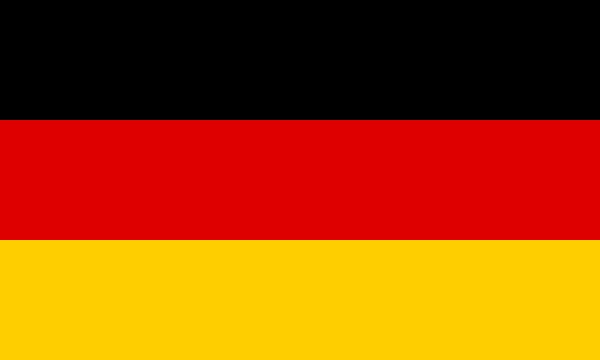
Luxembourg's Minister for Foreign and European Affairs, Jean Asselborn, has announced that two more border crossings to Germany, namely Remich and Bollendorf, have re-opened after closing in mid-March as a result of lockdown concerning the Covid-19 pandemic.
This decision was made possible after a conversation yesterday between Minister Asselborn and Hans-Georg Engelke, State Secretary in the Federal Ministry of the Interior. Minister Asselborn recalled that the closure of a total of 11 border crossings between Luxembourg and Germany means long and unnecessary detours for many residents of the border region, especially many commuters. “The Greater Region is a highly integrated and networked region. For decades, family, economic and professional relationships have been established and strengthened here. The border controls and especially the closures mean a very deep cut in everyday life in the greater region" said Minister Asselborn.
The Minister also underlined the need to simplify border controls: “Many people have families across the border that they have to take care of, which you now have to prove every time you cross the border. The same applies to transit through our neighbouring countries to get back to Luxembourg, or for pickups at foreign airports. Suddenly farmers were cut off from their fields across the border.”
According to Minister Asselborn, the situation is "extremely unsatisfactory and above all unsustainable". "The announced extension of the border controls by another 20 days initially prompted us to check whether there are any other options to facilitate the absolutely necessary border traffic for residents and businesses in the border region," said the minister. "The goal should remain to work together to abolish controls at the European internal borders".
Minister Asselborn also had the opportunity to talk to the Rhineland-Palatinate Prime Minister Malu Dreyer yesterday. During this conversation, both sides agreed that they wanted to improve the situation for people at the German-Luxembourg border. "They will work together in Berlin to open further crossings, especially those that are of great importance for agricultural businesses," said Minister Asselborn.
On 15 March, the Federal Republic of Germany announced that border controls would be reintroduced on 16 March at the Luxembourg border as part of the Covid-19 crisis. As of 18 March, commuters needed proof of being able to cross the border. The Luxembourg government had already provided such a certificate online on 16 March, in order to continue to guarantee commuter traffic from the start.
From 20 March, all border crossings between Germany and Luxembourg were closed except for seven remaining. The border was now only passable at the following locations: Echternach, Grevenmacher, Mesenich (A1), Wasserbillig, Wormeldange, Schengen (Autobahn and Nationastrasse). Luxembourg has worked at various levels to open more border posts. Thanks to intensive diplomatic contacts and cooperation with the Luxembourg customs authority, an agreement was reached with the federal government, according to which 50 Luxembourg customs officials support the German federal police. The first officials moved into their posts on Friday 20 March at 18:00 and the opening of the crossings in Dasburg and Vianden could be guaranteed.
On 25 March, Minister Asselborn sent a letter to Federal Interior Minister Horst Seehofer to draw attention to the difficult situation in the border area.








